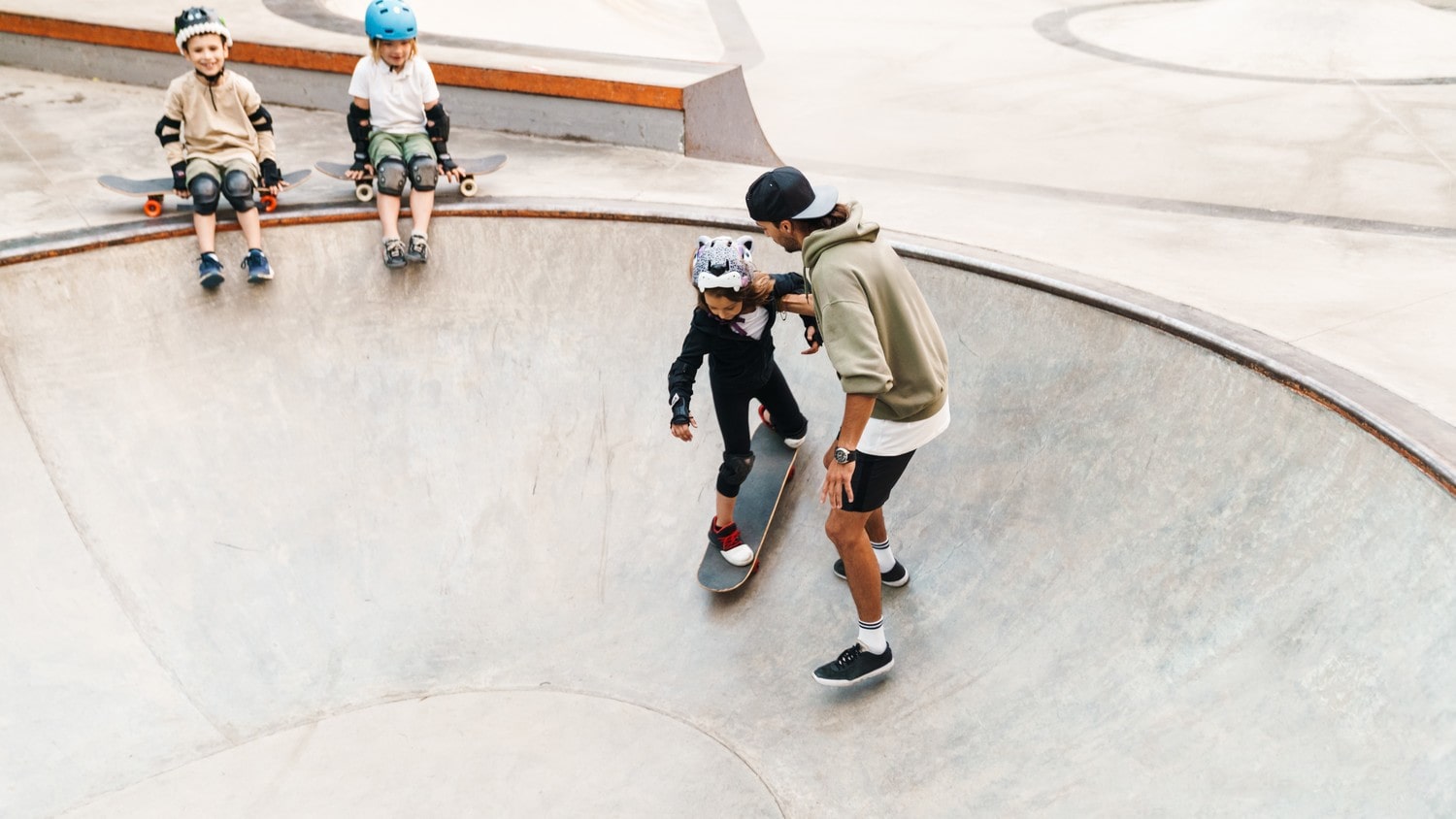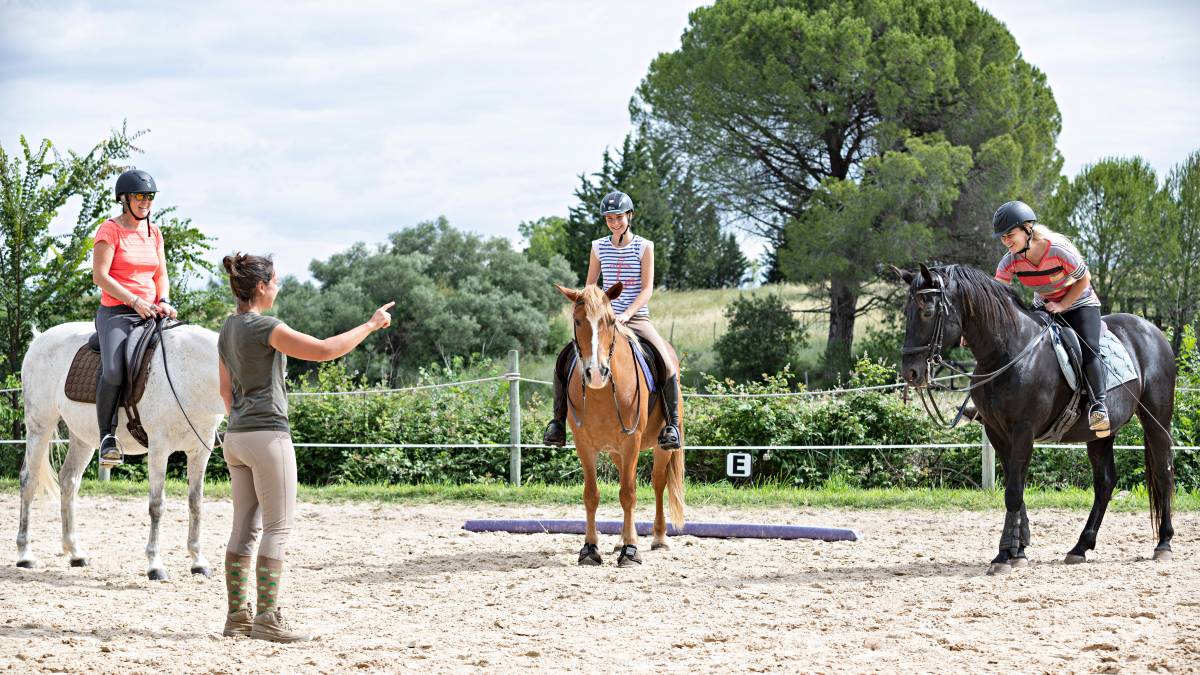
Find a professional fencing instructor near you
Fill in a short form and get free quotes for local fencing instructors near you
Excellent rating - 4.3/5 (9300+ reviews)
Looking for fencing instructors?
- Epee
- Foil
- Sabre
- … or anything else
Similar Fencing Lessons services you might be interested in United States
What is Airtasker?

Post your task
Tell us what you need, it's FREE to post.

Review offers
Get offers from trusted Taskers and view profiles.

Get it done
Choose the right person for your task and get it done.
Why book fencing lessons through Airtasker?
At Airtasker, it’s easy to find local fencing lessons for all skill levels, from the young beginner to adult fencers. Learn the best strategies and winning techniques with the help of a skilled and experienced fencer near you!
With fencing, it’s not enough that you’re excellent with sword fighting. You need to perfect your footwork and maintain exceptional speed, reflex, and mental strength. And fencing lessons can develop these core skills, regardless if you are only starting to learn or already seasoned in the field. The best part? You’re in complete control of your course! Depending on your preference, you may opt for one-on-one training, or you can also practice and train with a friend.
Our platform also lets you set your ideal rate. From there, receive offers from flexible Taskers who can provide services within your budget range! What’s more, you can also choose the most skilled fencer based on their skills and work history rating.
Real reviews
Get the best taskers
Judge for yourself – every task gets a review.
Flexible pricing
Choose the offer that’s right for you.
Quick offers
Start getting offers to do your task ASAP!
Lessons Services
Painting Lessons
Drawing Lessons
Driving Lessons
Horse Riding Lessons
Golf Lessons
Motorcycle Lessons
Flying Lessons
Tennis Lessons
Kitesurfing Lessons
Surf Lessons
Ice Skating Lessons
Ski Lessons
Karate Lessons
Paddle Board Lessons
Snowboarding Lessons
Chess Lessons
Archery Lessons
Pottery Lessons
Sewing Lessons
Skateboard Lessons
Acting Lessons
Kayak Lessons
Sailing Lessons
Bike Lessons
Gymnastics Lessons
Fishing Lessons
Roller Skating Lessons
Windsurfing Lessons
Soccer Training
Drone Training
Aggressive Dog Training
Top Locations
What do fencing lessons include?
Fencing sword lessons include beginner to advanced programs designed for all ages. For those new to fencing, expect introductory courses preparing you for this intense and powerful sport. Discover the fundamental skills, rules, strategies, and techniques that all fencers should know. Or, if you’re already an experienced player keen to improve your core competency, you can book individual lessons that can help achieve your goals. Here’s what to expect when booking fencing lessons near you:
Fencing lessons for adults
Whether you’re in your early 20s or perhaps already in your late 40s, as long as you are in good shape, it is never too late for adult beginners to learn the sport of fencing! Most beginner fencing lessons introduce you to the different types of swords, namely the epee, foil and sabre. You will most likely begin your training with foil, which has the lightest blade.
For this fencing class, instructors conduct footwork drills, ensuring that you know the correct positions and distance while competing. Training you how to manoeuvre your blade work is also crucial as it can play a significant role in winning a point. After your practice exercises, you may have a practice match with your instructor to apply your newly learned skills. These exercises will also help you get a clear grasp of the rules, etiquettes, and scoring system.
Fencing lessons for kids
Fencing is a physically and mentally challenging sport that can build your child’s confidence, competitiveness, and self-discipline. To further encourage them to learn the sport, beginners courses are usually delivered through game-based activities and exercises. Five to 10-year-old kids train and develop their skills using plastic fencing swords, while older kids may progress to using mini fencing foil, depending on their strength and abilities. After this course, they should be able to attack and defend themselves, perform footwork and blade work, and confidently play fencing with kids of the same age.
Apart from fencing, Airtasker also lets you find other skill-building lessons and activities for young ages. If you want to engage your child in other physical activities, you can use the same platform to find private instructors for swimming, tennis, gymnastics, and more.
Advanced fencing for competitions
If you plan to enter competitions, you can also turn to Airtasker for advanced fencing lessons. This course focuses on providing winning techniques and strategies to defend yourself and counter-attack your opponent. Expect intensive drills and exercises to improve your speed and agility, decision-making skills, as well as perfect your footwork and blade work. There are also sample matches either with your instructor or other players to improve your mind and body coordination and discover your winning moves.
To reach your full potential, you can always get help from private sports coaches. They can analyse your performance in every event and competition, and from there, manage training and exercises that can help advance your competencies in this sport.




